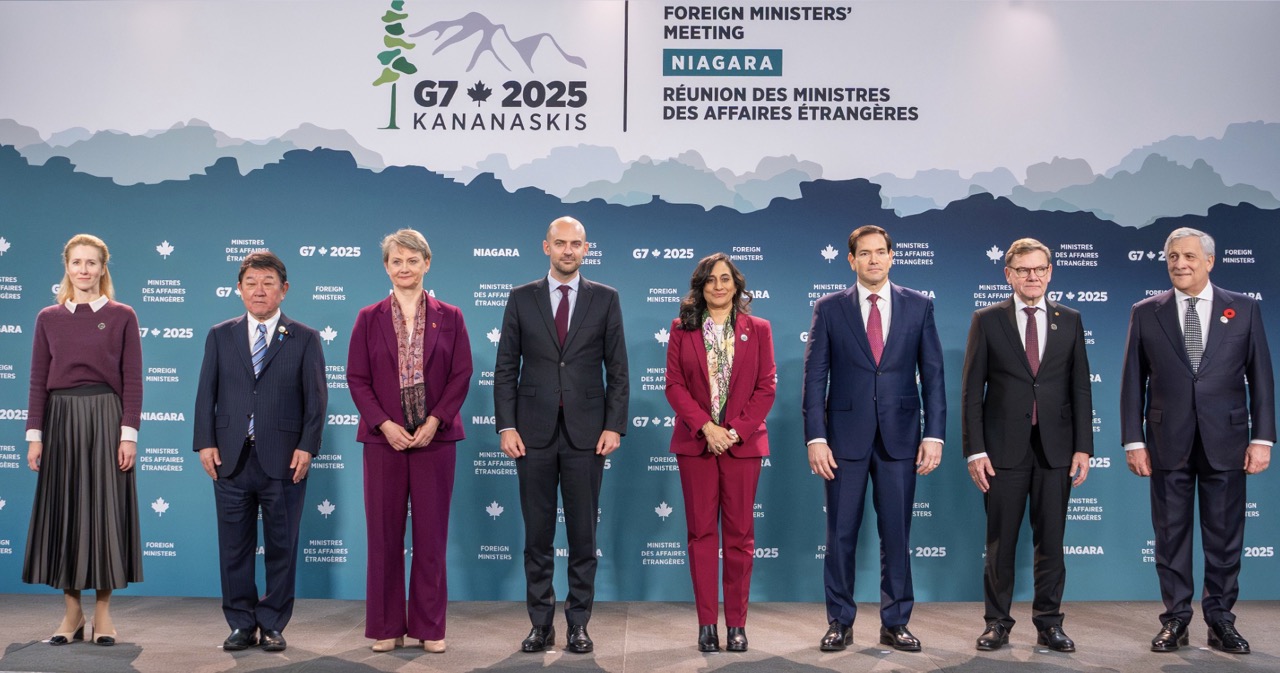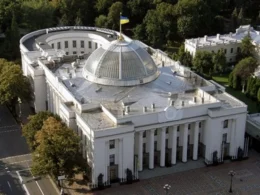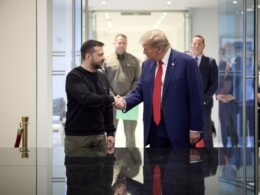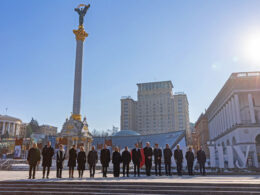Foreign ministers from the Group of Seven (G7) nations convened in Niagara-on-the-Lake, Canada, on 11-12 November 2025, for tense discussions on global security.
The talks are dominated by Russia's escalating war in Ukraine, stalled US-led peace initiatives, and growing trade frictions within the alliance.
The gathering comes as the G7 confronts a dual challenge: maintaining a united front against Russian aggression while navigating sharp internal divisions over US trade policies and defense spending demands.
Divisions over Ukraine and US peace efforts
The summit opened amid clear divisions on how to handle the war in Ukraine. Most G7 members have adopted a tougher line on Russia than US President Donald Trump, who has prioritized his own peace proposals. German Foreign Minister Johann Wadephul stated before the meeting that Russia's "continuing war of aggression against Ukraine" challenges global freedom and security, requiring a united G7 front.
According to a report from Euronews, European allies are particularly concerned about uncertainty over US efforts to end the war, as well as a separate US-brokered ceasefire plan in Gaza that is reportedly faltering.
The German foreign minister emphasized that his country is providing an additional €40 million to help Ukraine endure another winter, specifically to counter Russia's "targeted terror attacks on the civilian gas and heat supply." This financial support directly translates into tangible resilience, helping Kyiv maintain civilian morale and infrastructure stability—a strategic goal to prevent Russia from breaking the country's spirit.
Trade tensions and defense spending
The talks were also marked by strained relations over US trade policy. As reported by The Associated Press, President Trump's imposition of tariffs on Canadian imports has created friction with the host nation. This economic pressure is coupled with Trump's demand that NATO partners, including all G7 members except Japan, spend 5% of their GDP on defense.
The AP noted that Canada and Italy are the furthest from this goal, though Canadian Foreign Minister Anita Anand stated Canada plans to reach the target by 2035. In a social media post, US Secretary of State Marco Rubio framed the US position, stating the focus is on "putting the safety and security of Americans FIRST."
Indo-Pacific and critical minerals
While Ukraine and trade dominated, the ministers also addressed long-term strategic challenges, particularly in the Indo-Pacific. Kyodo News reported that Japan's new Foreign Minister, Toshimitsu Motegi, planned to "bring an Indo-Pacific perspective into G7 discussions and advance concrete cooperation."
A central part of this strategy is a G7 initiative to establish alternative supply chains for critical minerals to diversify away from China’s market dominance. This effort is a direct attempt to bolster the G7's economic and defense security by mitigating reliance on geopolitical competitors, a crucial step in the world's current volatile geopolitical situation.





